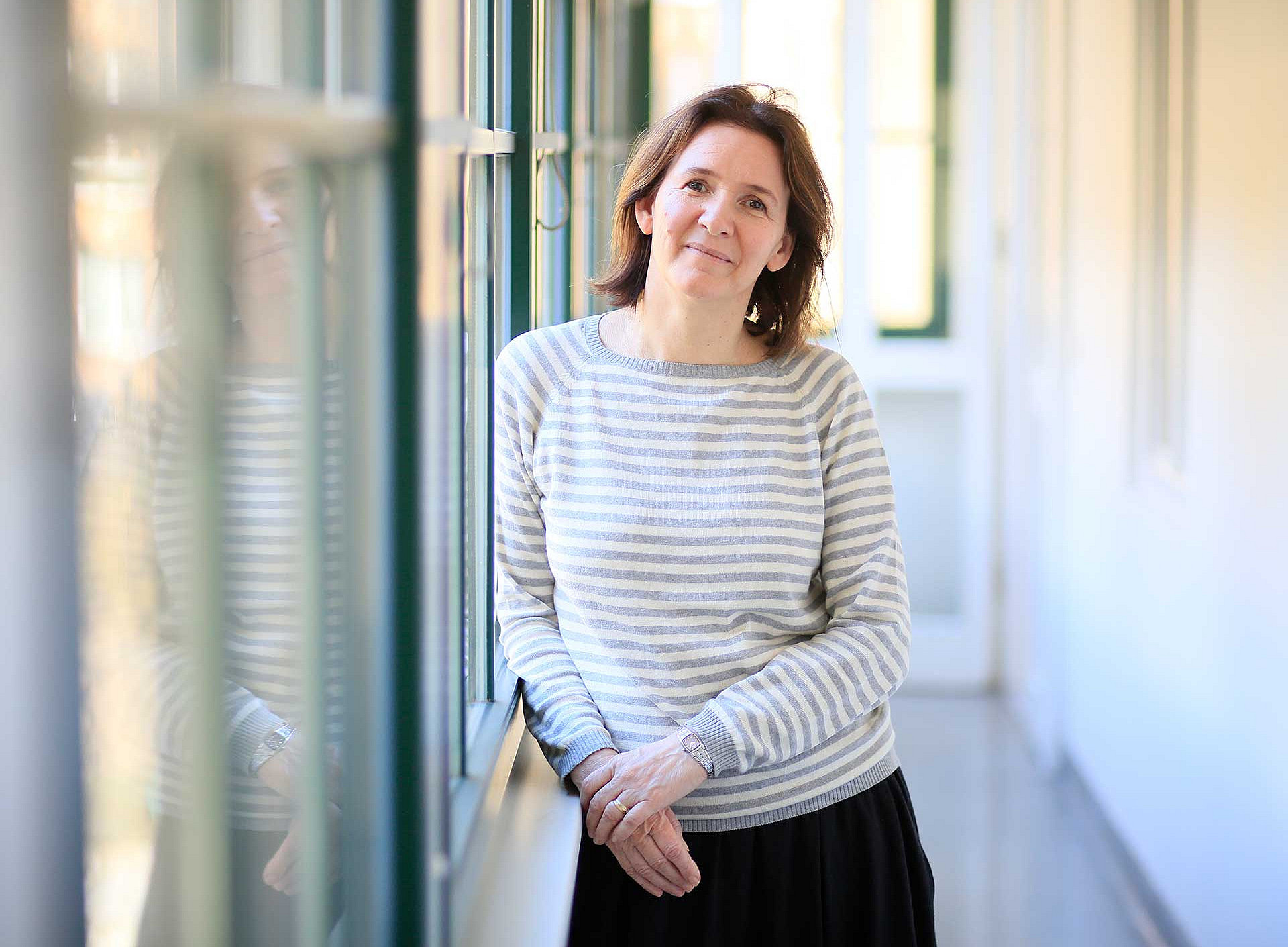How do you prepare your students, often prospective teachers, for the classroom of tomorrow?
Kathrin Otrel-Cass: In teacher training, it is very important that you also deal with digital topics. They are simply part of our modern world. But we also have to bear in mind that digitalization can be a real challenge for some teachers. We must not brush that aside. Critical discussions about digitality are particularly important to ensure that new developments don't run away. Or we only realize afterwards that technology has done something to us that we weren't aware of beforehand or even caused us harm.
Are you talking about fake news? What does this phenomenon mean for university teaching?
Otrel-Cass: In principle, it's about the way we deal with information, use it, generate it or pass it on to others. For example, it is important to look at where students or researchers obtain information and how they work with it. In addition, digitalization is speeding up processes such as research and data processing enormously. There is a real danger that we sometimes rely too much on digitized processes, for example on search results. To really be able to assess these results, we need to understand how search results are created. In concrete terms, this means that I talk to my students about how research is carried out. How and where do I find relevant information? How should I deal with a huge amount of information? How can I ensure that I have considered "everything"? This is a key question, especially for doctoral students.
Do you have any advice on how to deal with search engine results?
Otrel-Cass: It is important not to rely solely on search results or on data evaluations alone, but to actively seek exchanges with other people. The dialog, the listening - I'm thinking here of lectures from related fields - helps you to reflect on your own work. By exchanging ideas with other people, you learn new and old things or find out how other researchers work with data, ideas and theories. This requires human contact, the interpersonal format, where you also learn to ask questions and differentiate.
What does this mean for the development of new teaching and learning formats?
Otrel-Cass: I believe that good teaching requires a lot of creativity and dialog. Traditional formats such as lectures are not necessarily outdated, but it is important to make the exchange with students interactive. For example, theoretical knowledge modules on various topics could be offered asynchronously in the form of short videos so that practical tasks can then be discussed or analyzed together with the help of these theoretical "nano-modules". I have had good experiences with this. It is equally successful to refrain from traditional work assignments sometimes and create opportunities for creative work. If you try to give your students leeway, the end result can be really excellent, surprising and creative.
Is that probably very inspiring for you as a teacher?
Otrel-Cass: Yes, very much so. Sometimes the students' work is so excellent that I ask permission to share one or two ideas with other students. I like to incorporate great ideas into my own practice. For example, I have adapted my examination formats based on suggestions from students and university IT experts, for example by offering not only written but also oral appointments for lectures in order to accommodate different types of learners.
Doesn't that make teaching more time-consuming?
Otrel-Cass: Good teaching is time-consuming, but also enriching. Of course, it doesn't always work. I also experience flops. But then I often think together with my colleagues about where there are opportunities to make adjustments. Then I'm happy when courses go well and when students are inspired and leave with their eyes shining.
